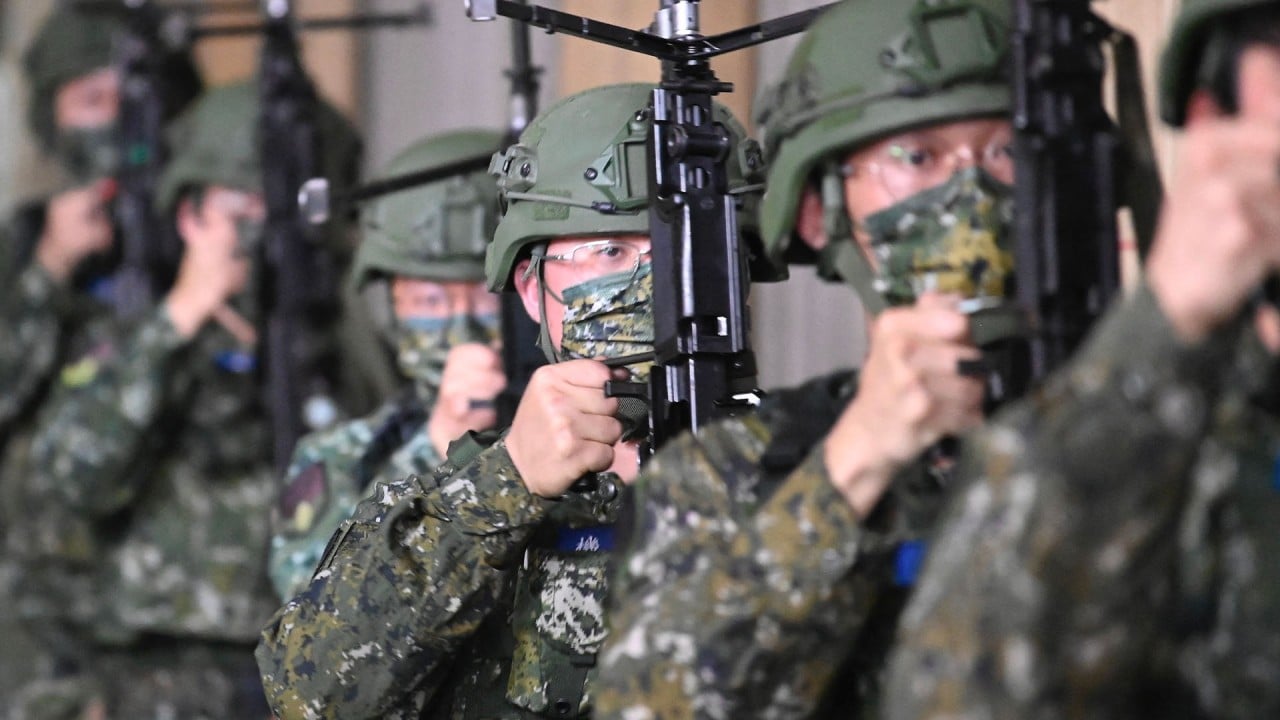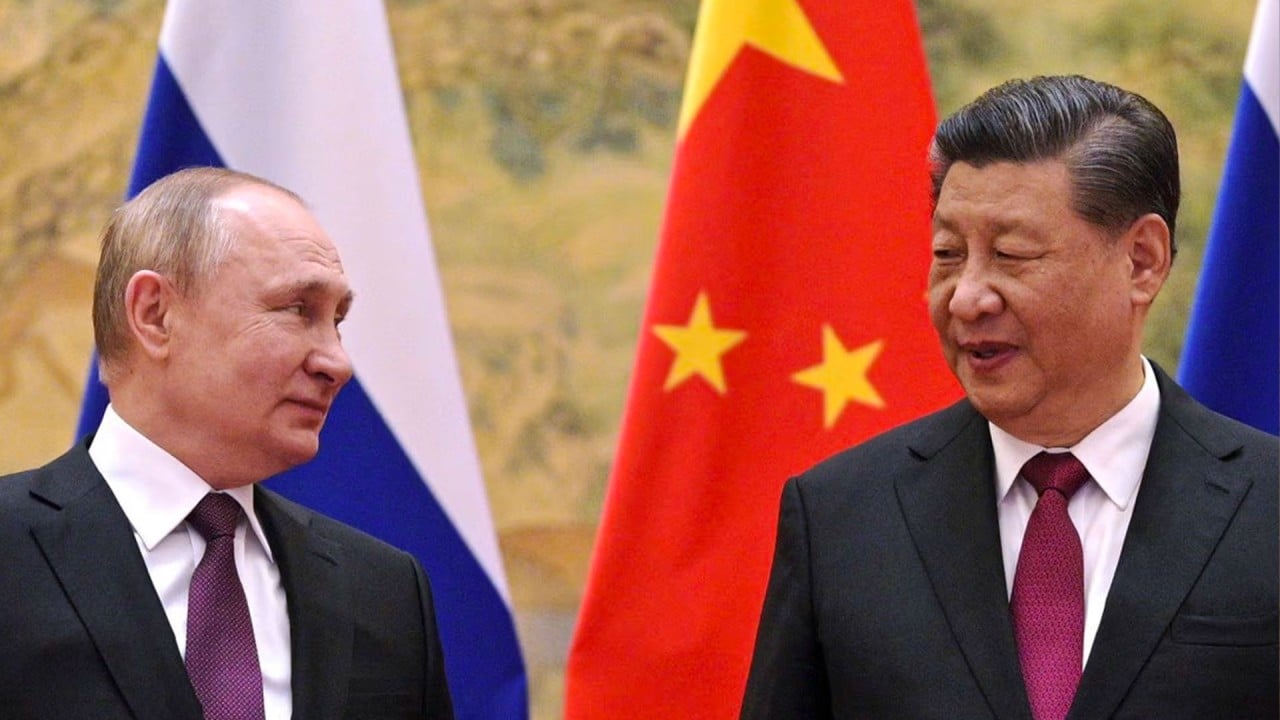
How Beijing’s stance on Russia and its Taiwan threats are hurting goodwill in Europe
- Beijing has worked hard to build a consensus in many European quarters but an anti-China front is now building in the EU that could bury its 16+1 initiative
- The Czech Republic has called Taiwan ‘bullied’, Sweden may upgrade its office in Taipei and Beijing’s envoy to eastern Europe received a chilly reception on a recent visit
The case of the Czech Republic is a typical example. Following in EU institutions’ footsteps, the Czech government recently told Chinese diplomats there would be significant consequences if their country were to violate or circumvent Western sanctions against Russia.
Czech Foreign Minister Jan Lipavský also emphasised that Europe should help “bullied” democracies such as Taiwan – a clear reference to China’s sovereign claims on the island.
The EU usually challenges China’s threats with sectoral trade tools rather than political measures. How the European bloc has been addressing the China-Lithuania dispute is illustrative of its traditional modus operandi.
Why reaction to Russia’s Ukraine invasion should give China pause
In January, Matas Maldeikis, head of the Lithuanian Parliament’s Friendship Group with Taiwan, told me that many Europeans actually started realising the need to change their engagement with China before its dispute with Lithuania.
“This is a general trend caused first of all by China’s behaviour,” he said. “As Xi Jinping’s administration is strengthening the party’s control over the Chinese economy and is turning away from reform and opening-up principles, EU nations naturally have to redesign their approach to Beijing.”
Central and eastern European countries understand that despite Beijing’s proclamations, Chinese investment has always gone to western Europe.
In February last year, six EU member states (Lithuania, Latvia, Estonia, Slovenia, Romania and Bulgaria) were represented by second-tier ministers at the annual summit of the China-CEE “17+1” group (when Lithuania was still part of the China-backed forum), in what several observers interpreted as an affront to President Xi.
Why is tiny Lithuania challenging the Big Panda?
China’s outright assistance to Russia, especially any military support, would further harden Europe’s posture. After the EU’s response to Russia’s invasion of Ukraine, it is highly likely that an attack on Taiwan would cross Europe’s red lines in its relations with Beijing.
The EU could probably take a firmer position against Beijing if Taipei were willing to establish semiconductor foundries in Europe. Eric Huang, head of the Taiwanese representative office in Lithuania, said last month that Taiwan was ready to develop a project combining Lithuanian laser and Taiwanese semiconductor technologies.
The reception was chilly, at least in Prague. Czech Deputy Foreign Minister Martin Tlapa told the Chinese envoy that Beijing’s close cooperation with Russia risks undermining ties with the EU bloc.
Emanuele Scimia is an independent journalist and foreign affairs analyst




